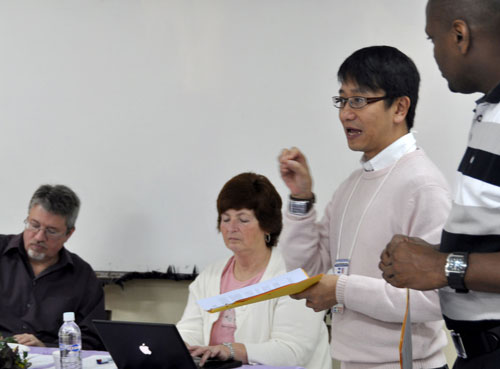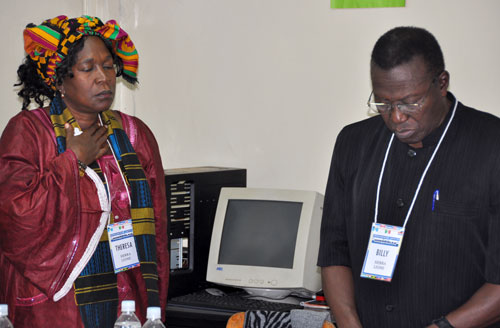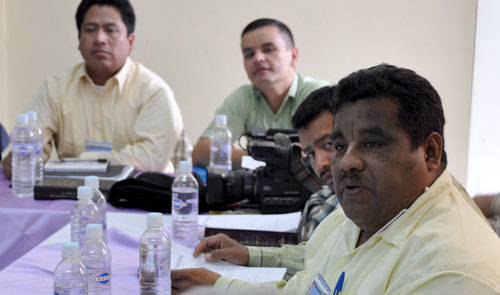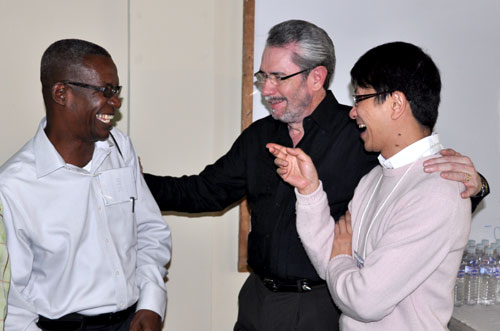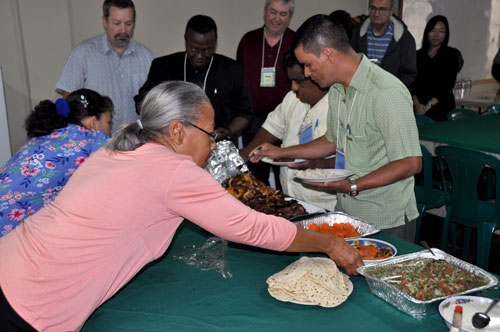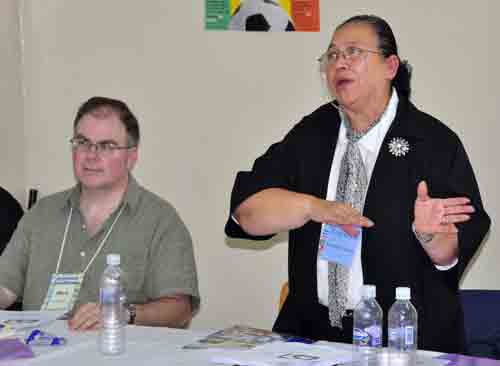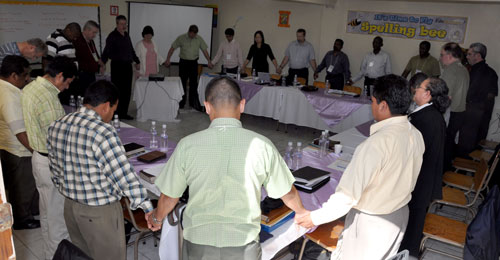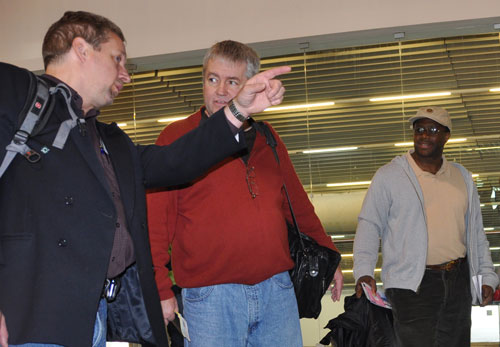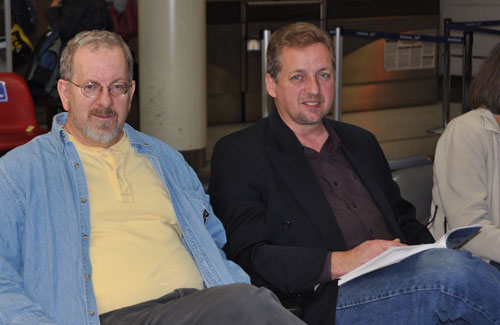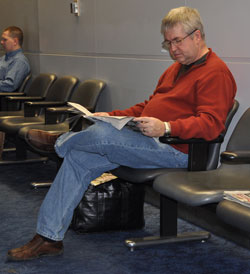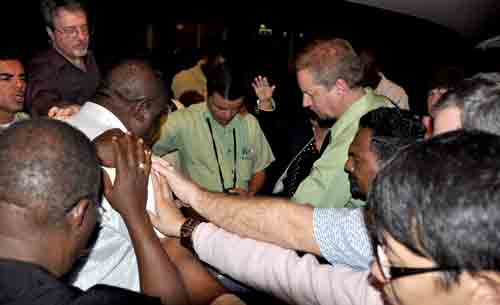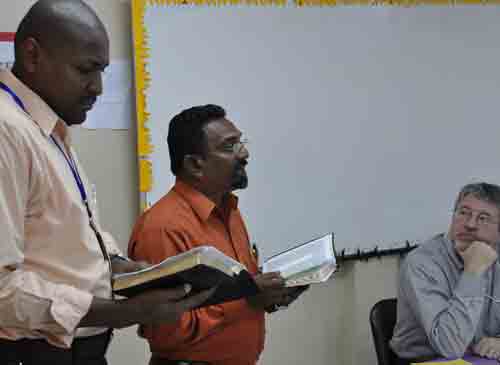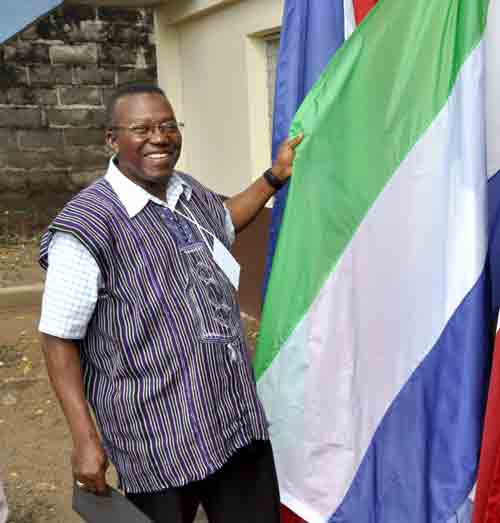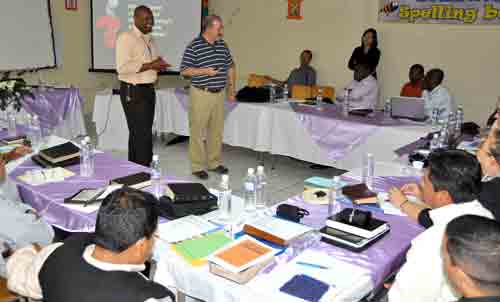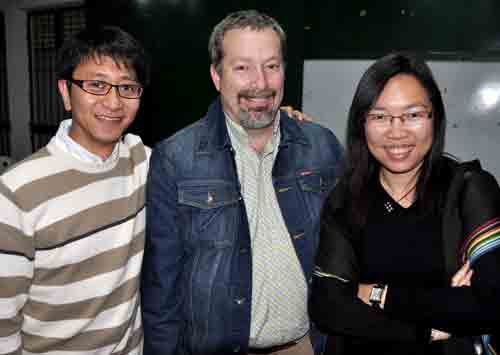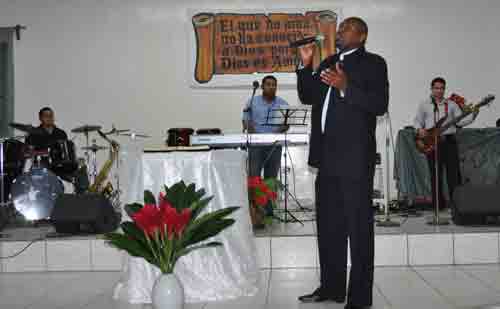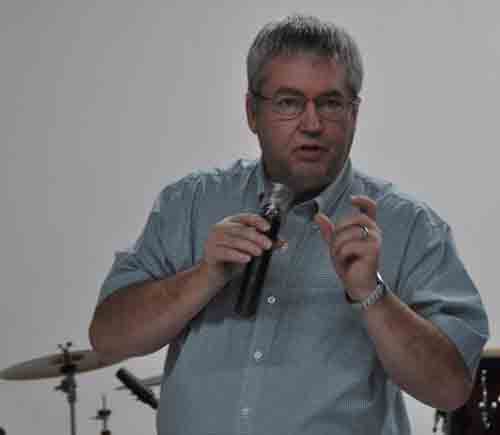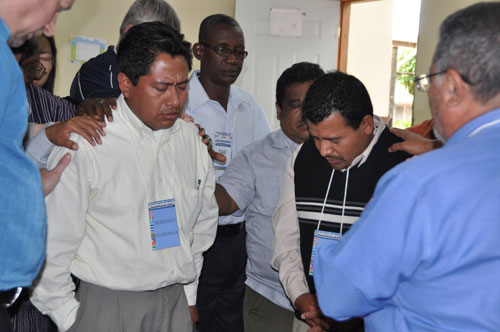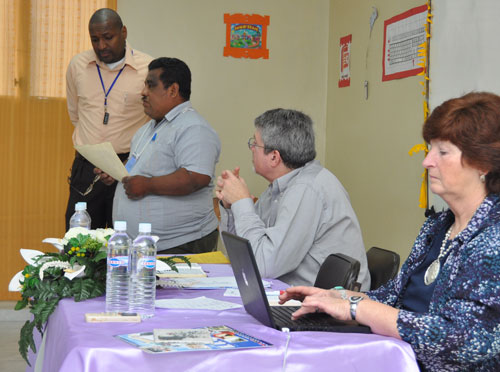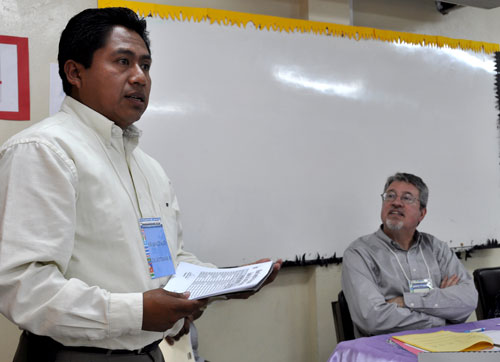15 Jan How to Help the UBs of Haiti
Global Ministries has received many phone calls and emails regarding Haiti. United Brethren people want to know how they can help, and if we are sending work teams to Haiti. We have about 40 United Brethren churches in Haiti.
Right now, in the immediate aftermath of the earthquake, it’s best to let government and relief agencies do their work…and stay out of their way. So we have no plans right now to send work teams. In the future–sure. But not right now.
Many relief agencies, including Samaritan’s Purse, have announced that they are not soliciting volunteers. The UB churches of Canada had a work trip planned during the next couple weeks, but postponed it.
For the moment, the best ways to help are:
- Give money.
- Pray.
A disaster of this scale requires a huge amount of relief money. Funds sent to Global Ministries for Haitian relief will be channeled to one of two agencies:
- CH Global, an organization which works in Haiti and is used by the UB Church in Canada in their work with our churches in Haiti.
- Samaritan’s Purse, with whom we’ve partnered in other causes.
UB people in Canada and the US have already adopted 42 Haitian children through CH Global. We plan to direct support and aid directly to their families and to our UB churches in Haiti through this partnership, which we finalized at our last Global Ministries Leadership Team meeting. Our program administrator in Haiti is a member of our Delmas church and the wife of the Port an Prince Police Commissioner.
Let me emphasize that 100% of your contribution to Global Ministries for Haiti Relief will be sent to either CH Global or Samaritan’s Purse.
If you want to send money for Haitian earthquake relief, put “Haiti earthquake relief” on the memo line, and make the check payable to Global Ministries. Send to: Global Ministries, 302 Lake Street, Huntington, IN 46750.

